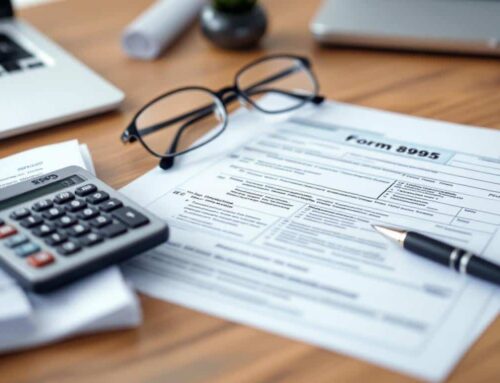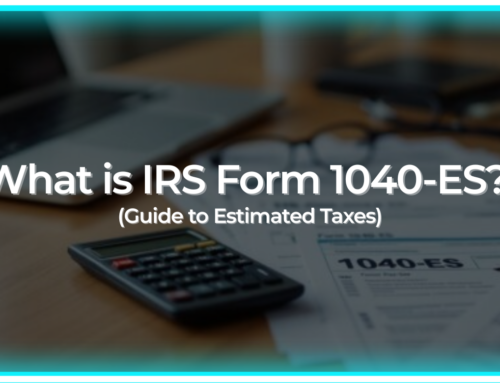Hi everyone, I’m Bette Hochberger, CPA, CGMA. Happy Monday! For today’s quickie, I want to discuss why establishing a domicile in Florida can be a game-changer for your financial health.
Whether you’re a retiree, business owner, or simply someone seeking a tax-friendly environment, this blog is for you. Let’s go ahead and dive into what makes Florida not just a vacation paradise, but a domicile dream.
Understanding Domicile
First, let’s clarify what ‘domicile’ means. Legally, your domicile is your true, fixed, and permanent home. It’s the place you intend to return to after being away. While you can have multiple residences, you can only have one domicile. Establishing domicile in Florida can lead to significant tax savings, thanks to the state’s favorable tax laws.
Florida’s Tax Advantages
There are many tax advantages that come with moving to Florida, but here are some of the top ones.
No State Income Tax
The most well-known benefit of Florida domicile is the absence of a state income tax. This means your income — whether from retirement benefits, investments, or wages — isn’t taxed by the state. It’s a substantial saving, particularly for high earners.
No Estate or Inheritance Tax
Florida doesn’t impose an estate or inheritance tax, a relief for those concerned about the financial legacy they leave behind. This policy complements federal estate tax laws, making Florida an attractive option for estate planning!
Homestead Exemption
Homeowners in Florida can enjoy the Homestead Exemption, which reduces the taxable value of their primary residence by up to $50,000. This exemption also caps annual assessments on property taxes, ensuring they don’t skyrocket year over year.
How to Establish Florida Domicile
File a Declaration of Domicile
The first step is to file a Declaration of Domicile with the local county court. This legal document states that you reside in and maintain a place of residence in Florida that you consider your permanent home.
Obtain a Florida Driver’s License
Switching your driver’s license to Florida is a key step in establishing a legal domicile. This also involves registering your vehicles in the state.
Register to Vote
Registering to vote in Florida and participating in local elections demonstrates your commitment to being a Florida resident.
Update Your Estate Planning Documents
Ensure your will, trusts, and other legal documents reflect Florida as your home state. This is crucial for estate planning purposes.
Considerations and Misconceptions
Physical Presence is Key
Simply owning a property in Florida isn’t enough. You need to spend a significant amount of time in the state. Generally, being in Florida for more than half the year is a good benchmark.
It’s Not Just for Retirees
While Florida is popular among retirees, its tax benefits apply to everyone, including young professionals and families.
Florida isn’t just about sunny beaches and palm trees. Its tax-friendly laws make it an ideal place to call home. By establishing domicile here, you can enjoy significant financial benefits while soaking up the sun.
If you’re considering making the move, it’s wise to consult with a CPA specialized in Florida domicile law to navigate this transition smoothly, so, make sure you schedule a meeting with me if you plan on moving!
Want to learn more about how to establish Florida domicile? Check out our full “Moving to Florida” checklist here.
As always, stay safe, and I’ll see you next time.







